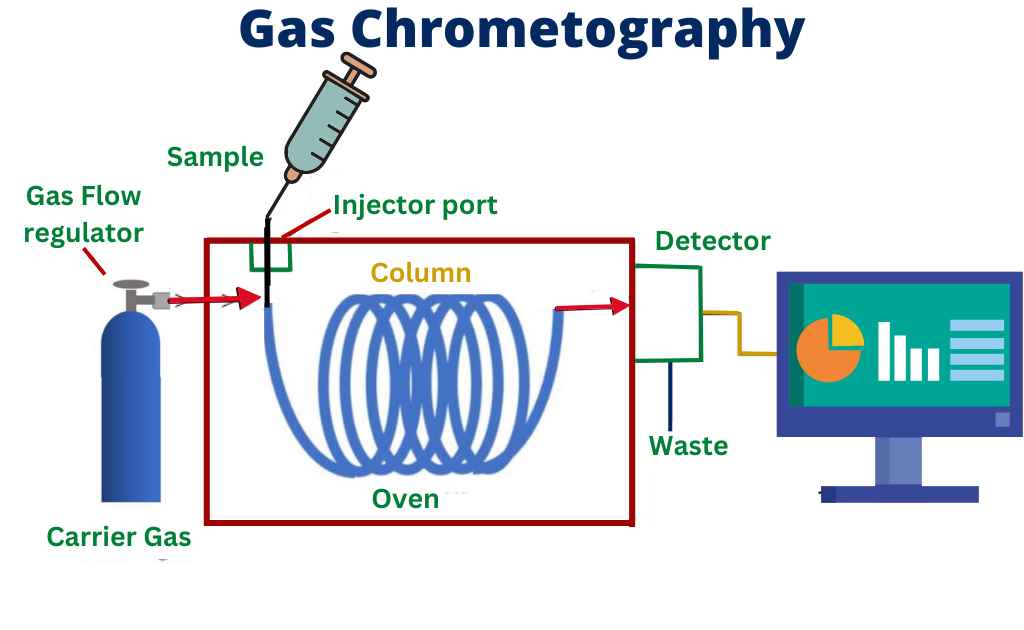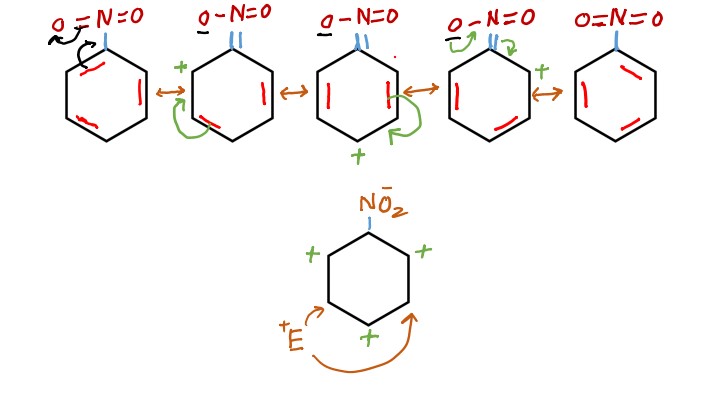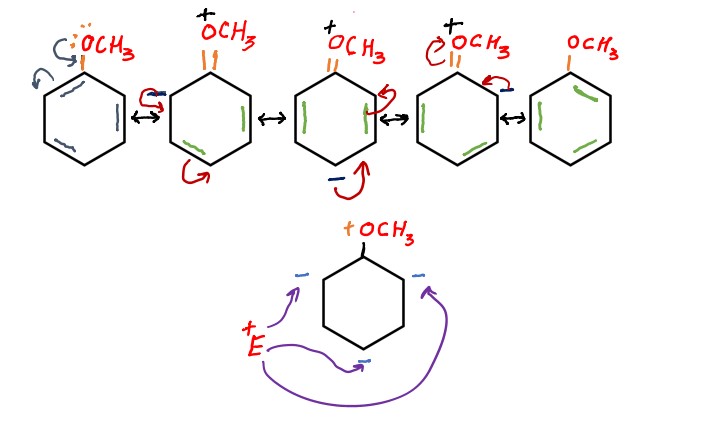Bunsen Burner: Definition, Parts, Types and Uses
Written By Adeel Abbas Bunsen Burner is a laboratory device that is widely used in scientific research, teaching, and experimentation. It is a simple gas burner that produces a hot, blue flame that is perfect for heating, sterilizing, and combustion purposes. Bunsen Burner Definition The Bunsen Burner is a laboratory device used to produce a … Read more


